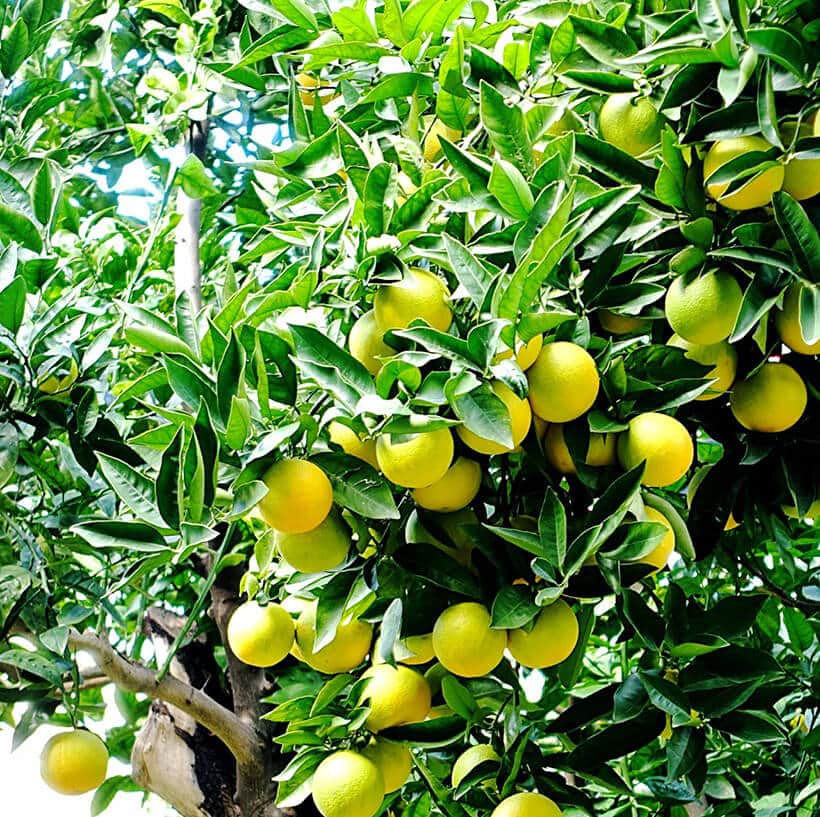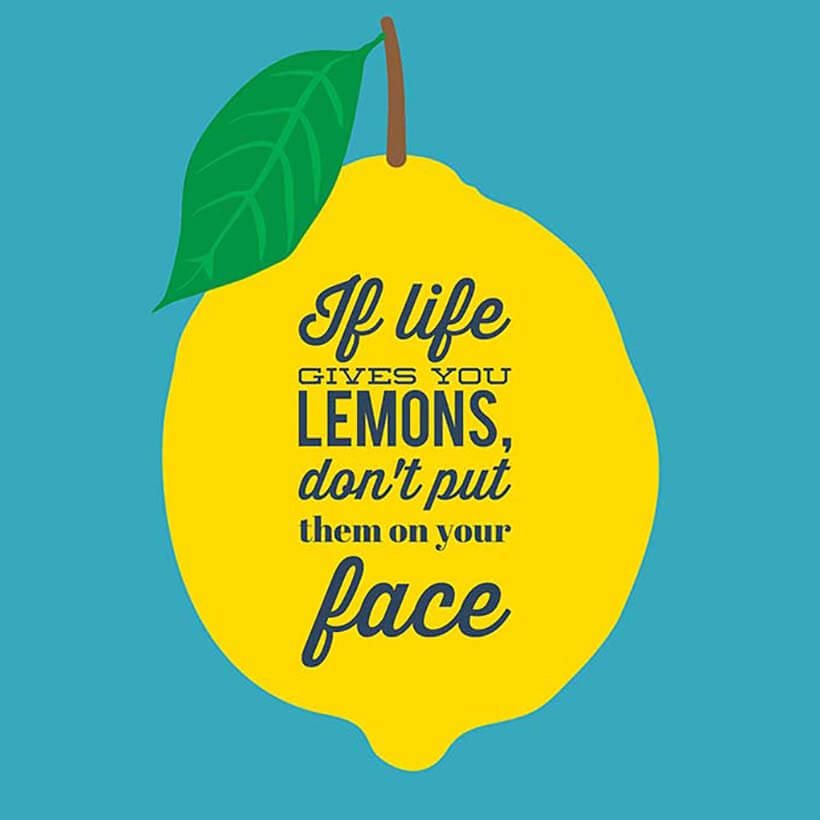The internet is chock-a-block with beauty writers advising you to put lemon juice on your face.
Why? The fruit’s high levels of vitamin C, citric acids and antioxidants are perfect for busting dead skin cells, lightening age spots, getting rid of unwanted freckles and clearing up a tan, among other things.
The evidence? Most beauty mavens will ask you to observe how a dash of lemon juice on apple slices prevent them from turning brown. The brown colour in cut apples is from oxidation (much like skin that’s exposed to atmospheric pollutants) and the vitamin C in lemon juice is what halts the process.
Similarly, it seems, pure lemon juice on skin should slow down premature ageing and help stimulate collagen and elastin production, thereby reducing the appearance of wrinkles and reversing sun damage.
And because vitamin C is extremely unstable – easily broken down by exposure to air and sunlight – what better way than to have it than squeezed fresh?
There’s only one problem: We are humans and not fruit.
Our skin is much more fragile and doesn’t react in exactly the same way to lemon juice as apple slices.
So, while I am usually first in line to advocate the use of natural ingredients and DIY skincare recipes (heck, I almost wrote a whole blog post on how to use lemons for your skin myself, before studying the adverse reactions), this is one case where the cons clearly outweigh the pros.
How, you ask?
 Lemons are highly acidic
Lemons are highly acidic
Human skin comes with an inbuilt protective acid mantle that maintains a pH of 4 to 5, which makes it inhospitable to unwanted bacteria while maintaining the good flora, thereby helping keep away acne and infections.
Lemon juice, on the other hand, has a pH of 2, which makes it extremely acidic. Putting pure lemon juice on skin will disrupt the latter’s acid balance, destroying its immunity to environmental toxins and causing a significant amount of irritation on the cellular level.
Lemons can cause blistering burns
God save you if your idea of DIY skincare is to put on lemon juice and then step into even partial sunlight.
Lemons contain fluranocourmarins and psoralens that react with sunlight to cause phytophotodermatitis (PPD). This photo-toxic reaction leads to nasty blisters and rashes, which can appropriate the level of a chemical burn.
So, if you are still tempted to put pure lemon juice on your skin, stay away from sunlight for at least a good 8-10 hours after you’ve washed it off!
To be yet safer, combine lemons with other ingredients, like olive oil or honey, to cut down on their acidity and restrict the amount of harmful chemicals your skin is receiving.
BOTTOMLINE: Never, ever apply pure lemon juice straight on your skin.
NEVER.





Leave a Reply